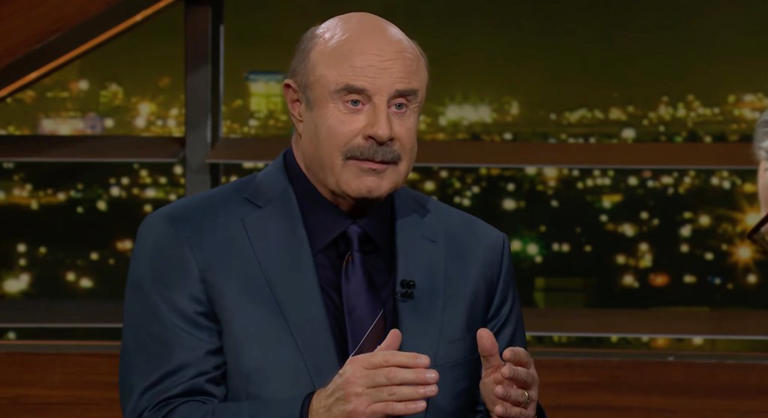The cultural landscape is indeed transforming, with society becoming increasingly aware and sensitive toward the narratives being pushed upon them.
Dr. Phil’s recent commentary on “wokeness” highlights a growing concern among many: the shift in language and the reframing of traditional concepts in an effort to be more inclusive or politically correct.
His observation that the Justice Department prefers to refer to felons as “justice-involved individuals” rather than using traditional terminology speaks volumes about the direction in which societal discourse is heading.
This change in language reflects a broader movement aimed at redefining how we discuss and understand various aspects of life, including crime and justice.
While the intention behind such shifts may be rooted in a desire to humanize and destigmatize individuals involved in the justice system, it also raises questions about the potential for confusion and the dilution of accountability within our legal frameworks.
Dr. Phil’s sarcastic remark about a family member not being murdered but rather “intersecting with a justice-involved person” underscores the absurdity he sees in overly sanitized language.
It’s a critique shared by many who see this as an evasion of reality, a way of softening the impact of serious crimes and diminishing the experiences of victims and their families.
The broader implications of this shift toward “wokeness” are significant.
It’s indicative of a society grappling with the balance between progressiveness and practicality, between inclusivity and clarity.
While the push for a more sensitive and inclusive language is commendable, it’s crucial to ensure that such efforts do not undermine the gravity of certain situations or gloss over the reality of people’s experiences.
Critics argue that this trend towards political correctness and “wokeness” often prioritizes linguistic changes over substantive actions that could genuinely address the issues at hand.
They fear it may lead to a society where language becomes so policed and sanitized that honest discussions about important issues are stifled.
In contrast, supporters of these linguistic shifts argue that they are necessary steps towards creating a more equitable and just society.
They believe that by changing the language we use, we can change the way we think about and treat people who have been marginalized or stigmatized.
As we navigate these changes, it’s crucial to find a middle ground that respects the need for sensitivity and inclusiveness without sacrificing honesty and clarity.
The debate around “wokeness” and the redefinition of terms in our justice system and beyond is far from over.
It reflects a society in flux, one that is wrestling with its values and priorities in an ever-evolving cultural landscape.
In the end, the conversation ignited by figures like Dr. Phil invites us to reflect on the power of language and the importance of balancing compassion with reality.



